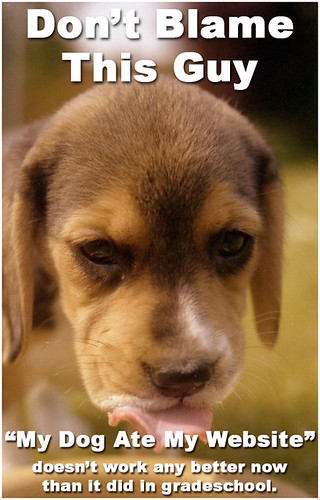Now that your website is up and you are hoping for traffic, you might be curious about what comes next. You want your site to rank highly on search engines. This piece is intended to offer useful ideas on the subject of search engine optimization.
When creating pages keeping SEO in mind, it’s better to have many short articles on related topics than one very long article. Long pages don’t carry as much weight with the search engines as short ones do. Additionally, visitors aren’t likely to read through articles that are very long.
Patience is the name of the SEO game. An abundance of traffic and major changes do not happen overnight. It often takes month for a site to start seeing positive SEO results. It takes as much time to increase the visibility of an online business as it takes for an offline business.
Keep in mind that spiders cannot identify obscure URL names, so be mindful of this when you create new pages. Make each URL simple and directly related to the topic of each page, for both the search engine and your potential visitors.
Search Engine Results
Write meta tags that engage the reader on each website page, this can help you obtain good search engine results. These description tags benefit your webpage by providing a quick, useful blurb when it appears on search results pages. Make your meta tag information concise and meaningful. They will get people to come to your website, even if you aren’t on the top of the search engine results.
To make sure you have a page of your site that does well in search engines, keywords should be put in the URL of your page. Should there be special characters or numbers in the URL, you must consider whether people will actually search using them. This can hurt your search rankings. Include the keywords that relate to your site to get more traffic.
If you are aiming to better your effectiveness of search engine optimization, you should ensure you have a high-quality description tag to pull in the searchers to you. Don’t overdo it – 30 words at the most. This page should be no more then 100 KB.
Don’t get too crazy with keywords because that can have a bad effect on your site. Keep your site focused on a dozen or so main keywords or phrases that really capture the essence of what your site is about. Keyword tools can help you figure out the right ones to choose.
Using webpage captions is wise for SEO purposes. For instance, if photos or newspaper articles are abundant on your site, add captions that are relevant to your keyword; you will soon see more traffic.
By enrolling your website in Yahoo! and Google’s free local listing service, you can increase site exposure. Free listings at these sites will generate more traffic and recognition for your site. You should never turn down opportunities for free publicity.
Incorporate keywords and phrases into HTML tags to improve your sites SEO. Search engines place more weight on keywords in titles than on words in the main body. Use your best keywords in your page titles to bring in the visitors!
Search Engines
It’s a bad idea to use one, isolated page to collect all of your links to other websites. Your links should blend into your content throughout the site. Link pages will not hold the interest of viewers and will be ranked accordingly by search engines. When you keep your content relevant to your text, it helps the search engines interpret the context more accurately, and it makes your information look more professional.
SEO is a must for website owners today. This allows your site to rank higher in the search results displayed by a search engine. This article should aid you with that.
